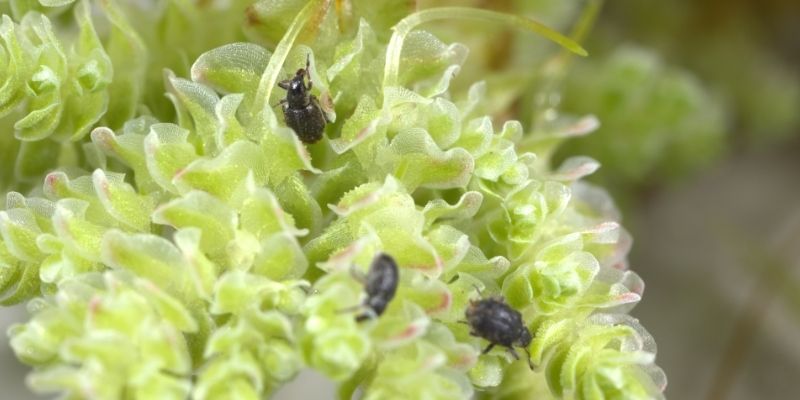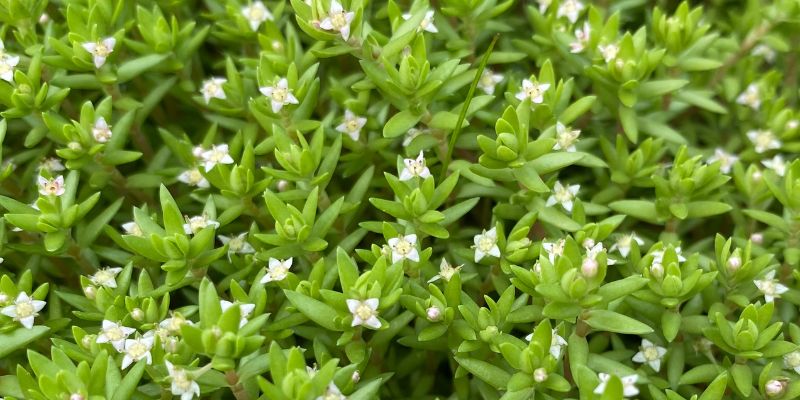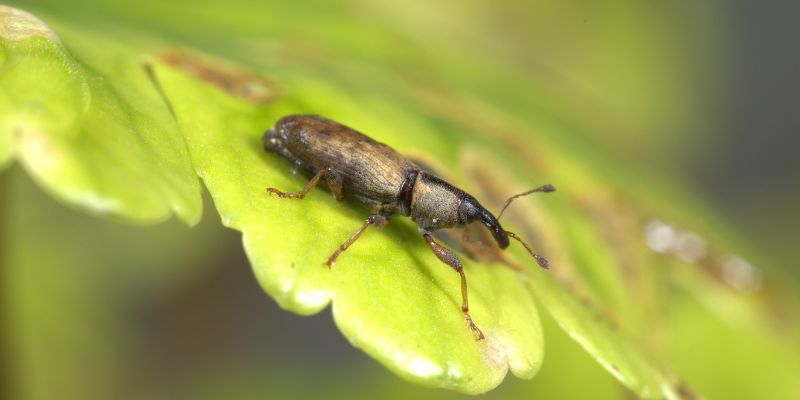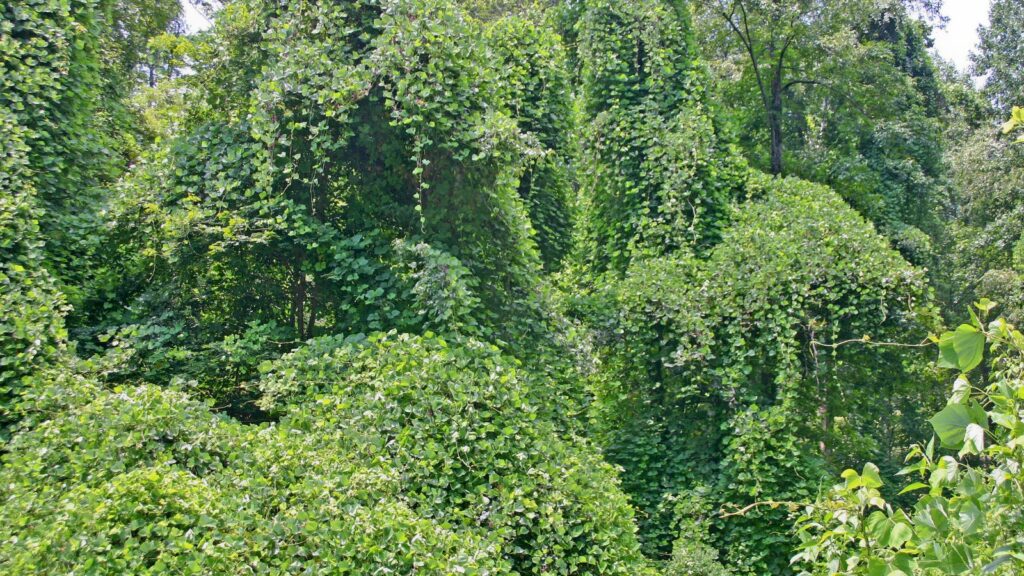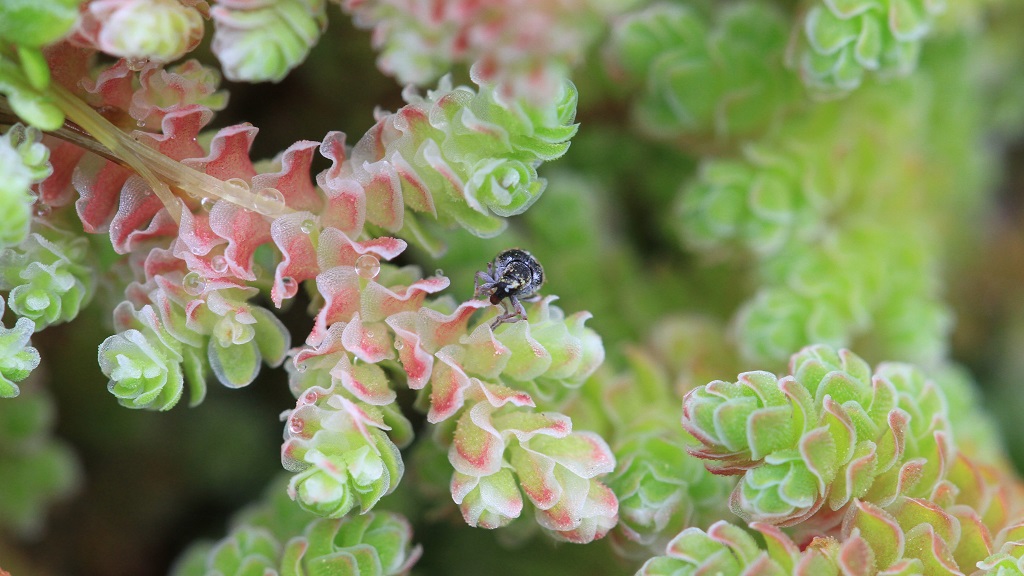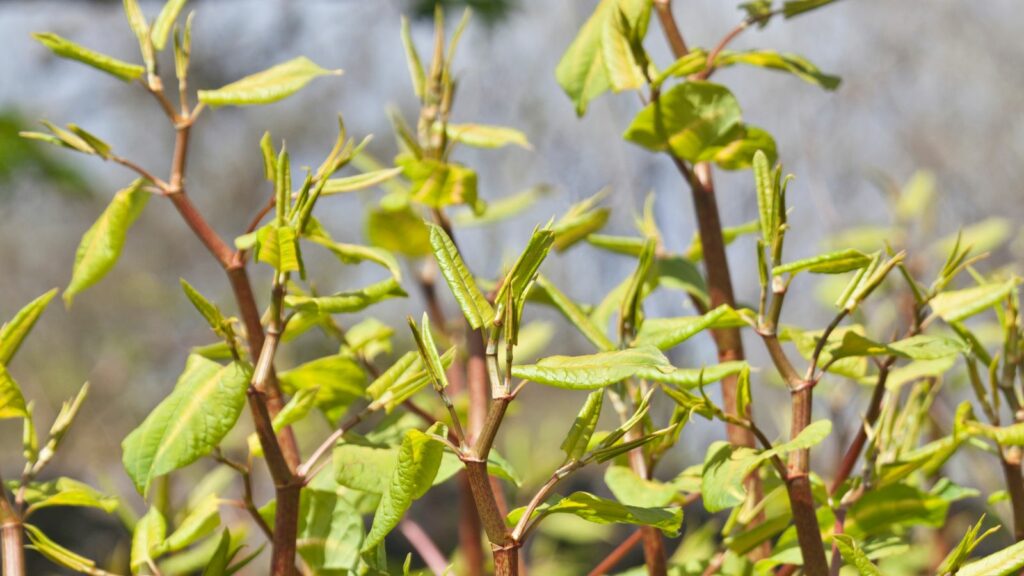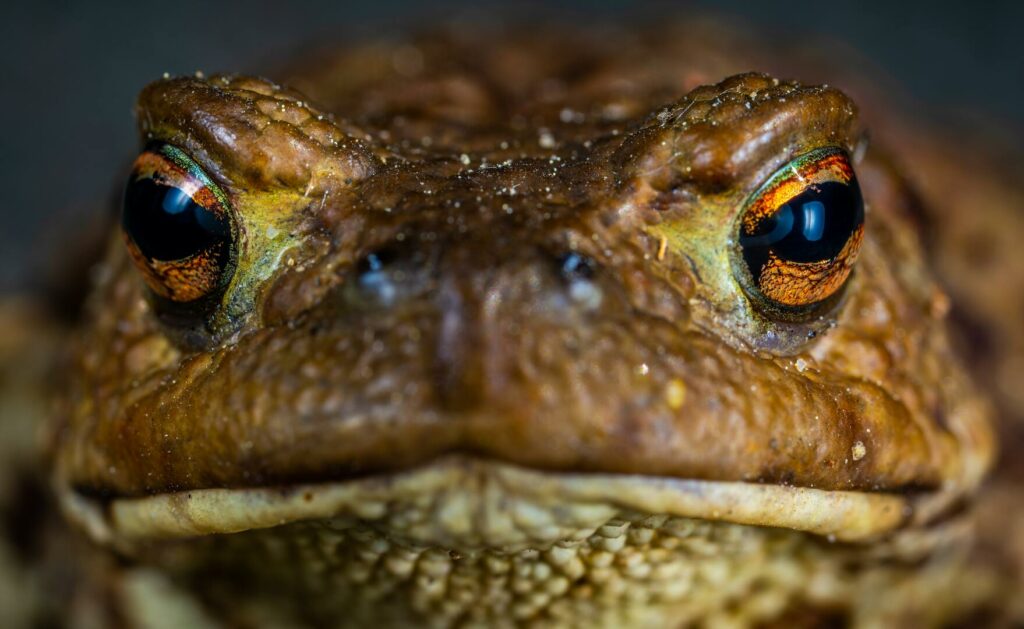Invasive species in Sri Lanka: A rising threat
Insufficient resources mean that management of invasive species in Sri Lanka are lacking. Climate change, trade and travel have increased the risk of invasive species in Sri Lanka. Invasive species create disruption to crops and livestock production, affecting the economy. Presently, invasive species disproportionately affect vulnerable rural communities. In Sri Lanka, many farmers rely on…
Could better awareness increase the uptake of weed biocontrol in Europe?
To increase the uptake of weed biocontrol in Europe, we need more awareness about its benefits and successes New research suggests that greater awareness about the benefits and successes of weed biocontrol is needed in Europe to increase its uptake. Scientists have discovered a knowledge gap between global regions, showing that EU professionals are less…
Stakeholders deliberate integrated policy approach for invasive species management in India
Invasive species management in India Invasive alien species (IAS) are globally recognised to cause serious economic and environmental damage. IAS pose one of the most significant threats to conservation and biodiversity due to their impact on native species in ecosystems. Such as: biodiversity and habitat loss, ecosystem destruction, increased vulnerability to forest fires, change in…

